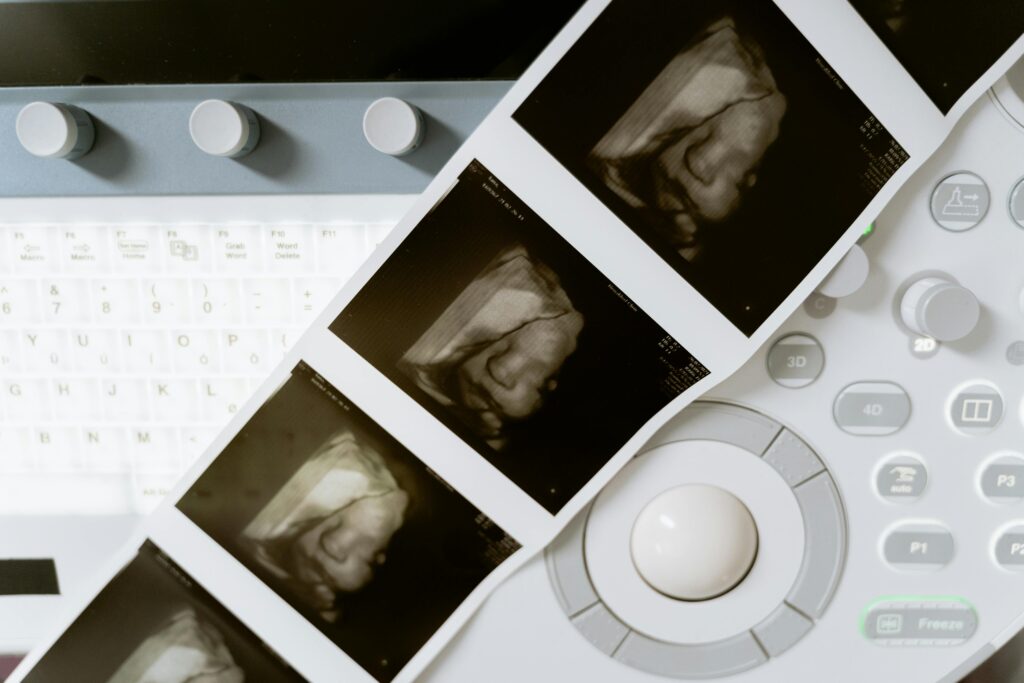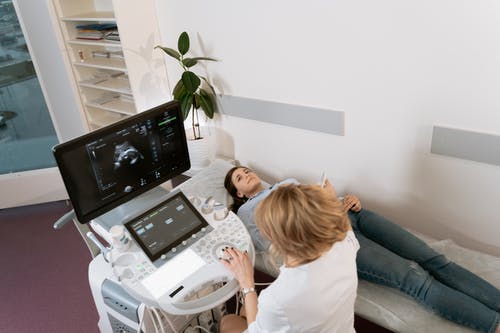Point of Care Ultrasound Training
Point-of-care Ultrasound (POCUS) has revolutionized the practice of medicine by providing physicians with immediate access to diagnostic imaging at the bedside. In this article, we explore the importance of POCUS training in improving patient care and clinical outcomes.
Point-of-care ultrasound (POCUS)
Point of care ultrasound (POCUS) refers to the use of ultrasound imaging. by doctors at the patient’s bedside to facilitate diagnosis and treatment. POCUS has various applications in several medical specialties, including emergency medicine, critical care, obstetrics, and internal medicine.

Importance of Targeted Ultrasound Training
POCUS training is essential for healthcare professionals to acquire the necessary knowledge and skills. and information to accurately perform and interpret ultrasound examinations. POCUS training plays an important role in improving patient outcomes by enabling rapid diagnosis, guiding treatment decisions, and facilitating timely interventions.
Choosing the right training program
Choosing the right point-of-care ultrasound training program is essential to obtaining comprehensive training and hands-on training. about experience by experience. Accreditation, curriculum structure, hands-on training opportunities, and availability of mentoring should be considered. Participants should choose programs that match their specific interests and career goals.
Basic learning and hands-on experience
Usage is essential for POCUS training, allowing participants to develop skills in scanning techniques and ultrasound image interpretation. . Supervised clinical rotations and simulation-based training provide opportunities for real-world application of skills and reinforcement of learning.
Adaptation of Informatics Training
POCUS training programs should be tailored to the unique needs of different medical specialties. Special courses and workshops address specific imaging requirements and clinical applications related to emergency, critical care, obstetrics and other specialties.
Incorporating POCUS into clinical practice
Incorporating POCUS into routine clinical practice requires careful consideration of workflow optimization. and quality assurance measures. Clinicians should develop protocols for POCUS studies, ensure appropriate documentation of findings, and collaborate with multidisciplinary teams to maximize the impact of POCUS on patient care.
Continuing education and skill development
Continuing education is essential for healthcare professionals to stay current. . . POCUS technology advances and best practices. Attending continuing education courses, workshops, and conferences allows physicians to expand their knowledge and skills and maintain POCUS competency.
Competency and Competency Review
Assessment of POCUS competency should be an ongoing process that should include objective assessments and assessments. scanning and interpretation skills. Maintaining competency requires regular practice, feedback from mentors, and participation in continuing education activities.
Conclusion
In conclusion, POCUS training is essential for healthcare professionals who want to improve patient care and improve clinical outcomes. By choosing the right training program, utilizing hands-on learning experiences, tailoring training to specific specialties, and committing to ongoing training and skill development, physicians can unleash the full potential of POCUS in clinical practice.


